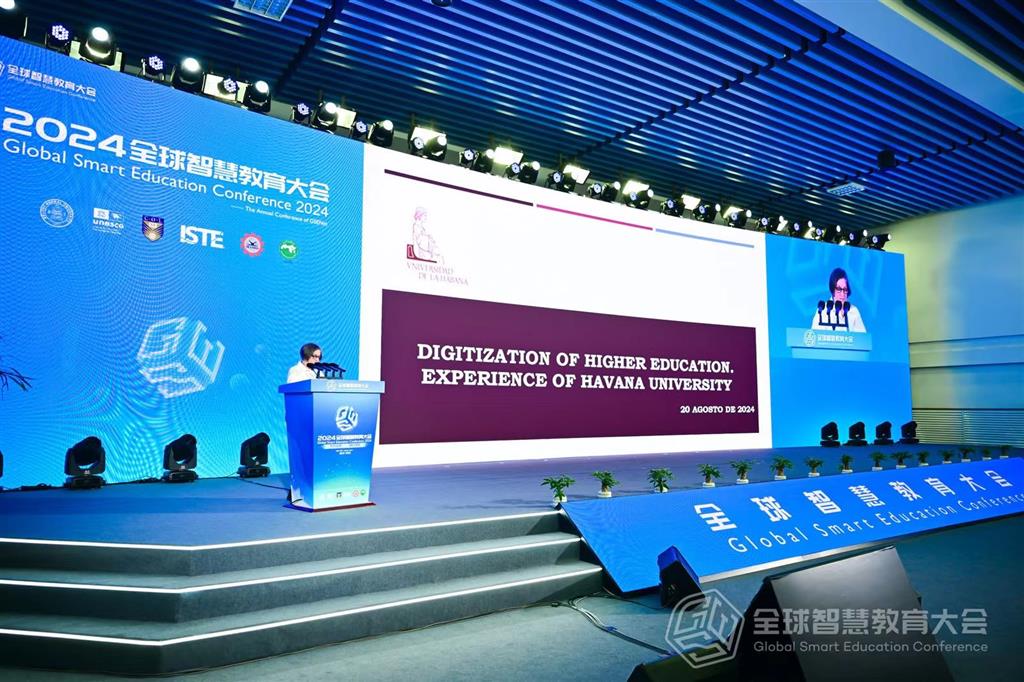In statements to Prensa Latina, UH Vice Dean of Economics Margarita Caballero commented that bilateral cooperation began with the idea and impulse of the respective historical leaders of each country.
“Sixty years ago, our Commander-in-Chief Fidel Castro paid special attention to the first groups of Chinese citizens who came to study Spanish language in Cuba, and then he resumed this program in 2006,” Caballero explained.
The vice dean stated that the University of Havana’s Spanish degree program was created in 2007, and the Confucius Institute, which is celebrating its 15th anniversary of promoting Chinese language and culture in Cuba, was established in 2009.
The UH has signed 67 framework agreements with Chinese universities and is currently taking the first steps towards academic cooperation with Tsinghua University, China’s highest-ranked university internationally.
“We are collaborating with the Chinese side to create the Havana College, whose file is in the process of approval. It will be a joint center for learning Spanish language with professors from both countries,” she said.
The vice dean mentioned that the UH is part of the Alliance on the Belt and Road Initiative (BRI), the World Digital Education Alliance (WDEA), and the China-Latin America Agricultural Education and Research Innovation Alliance (CLAERIA), among others.
She explained that this participation and Cuba’s position in regional academic organizations allows us to be a natural bridge between China-Cuba and China-Latin America and the Caribbean.
Caballero commented that her visit to China takes place within the context of the Global Intelligent Education Forum, which was held on August 18-20.
jrr/iff/mem/idm









